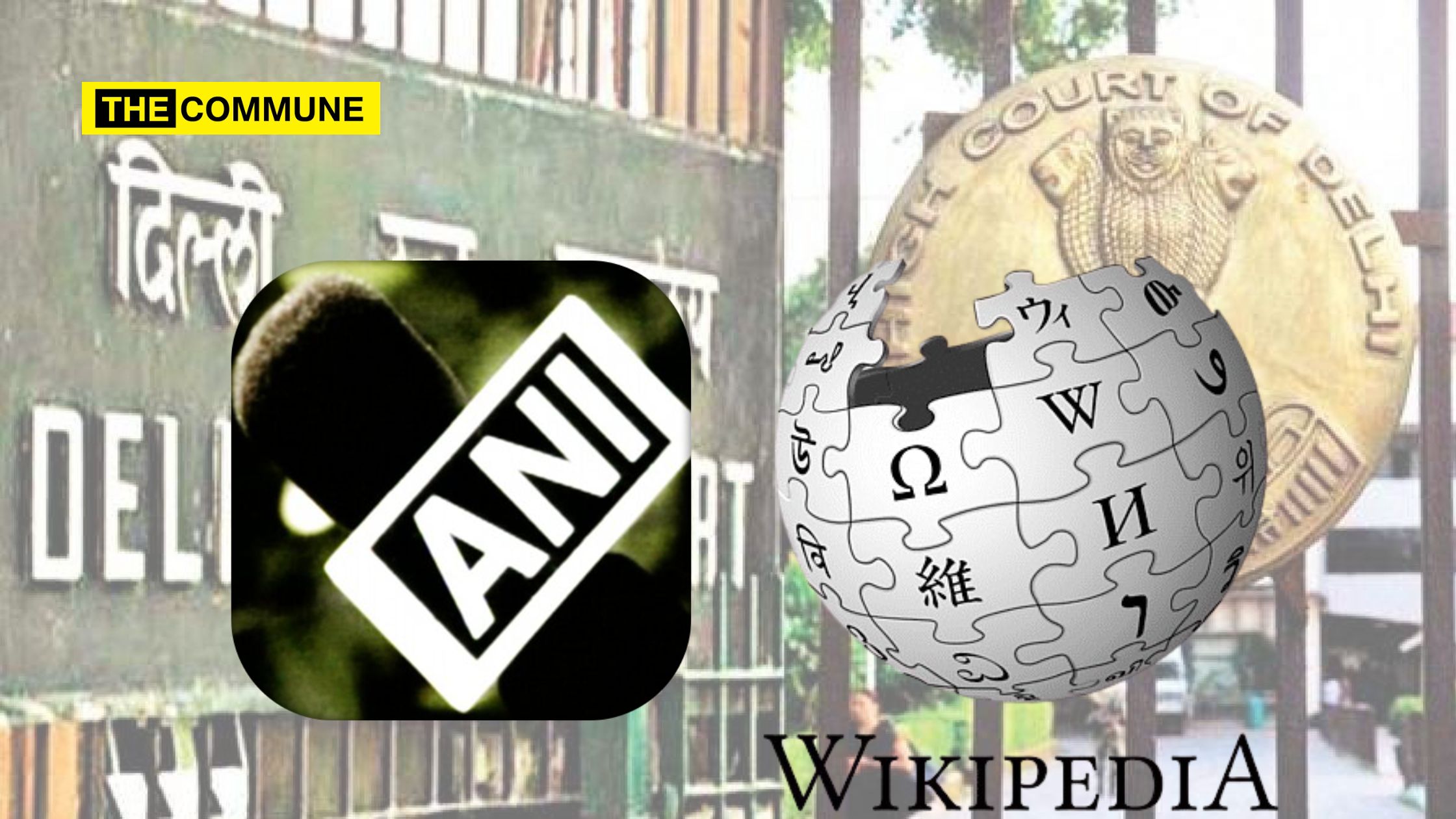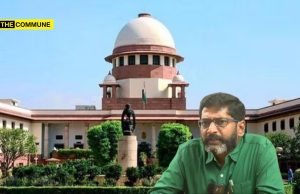
The Delhi High Court issued a contempt of court notice to Wikipedia on Thursday, 5 September 2024, after the online encyclopedia allegedly failed to comply with a judicial order regarding edits made to a page about news agency ANI. The court’s warning was clear: non-compliance with Indian laws could block Wikipedia in India.
The controversy stems from a defamation lawsuit filed by ANI Media Pvt. Ltd. against Wikipedia, claiming that edits made to its Wikipedia page referred to the news agency as a “propaganda tool” for the Indian government. ANI argued that these changes were defamatory and requested the court to compel Wikipedia to reveal details of the users who made the edits.
Failure To Disclose Information
On a prior occasion, the court directed Wikipedia to provide the subscriber details of three individuals who allegedly made the edits. However, ANI informed the court that Wikipedia had not complied with this order. In response, Wikipedia’s legal counsel stated that delays were due to the entity not being based in India and pending the submission of certain documents.
This explanation did not sit well with Justice Navin Chawla. According to the legal news website Bar and Bench, the judge strongly reprimanded Wikipedia’s counsel, stating, “It is not a question of the defendant not being an entity in India. We will close your business transactions here. We will ask the government to block Wikipedia… Earlier also you took this position.” He further added, “If you don’t like India, please don’t work here.”
"If you don't like India, please don't work in India… We will ask government to block Wikipedia in India."
Delhi High Court issues contempt of court notice to Wikipedia for not complying with the Court's order directing it to disclose info about people who made edits on ANI's… pic.twitter.com/fB3SFjN3pO
— Bar and Bench (@barandbench) September 5, 2024
In its defence, Wikipedia, run by the Wikimedia Foundation based in San Francisco, has maintained that it is a “technology host” and does not directly edit or add content. The foundation had earlier issued a statement clarifying that it does not control the content on Wikipedia pages edited by users worldwide.
However, ANI contends that Wikipedia is responsible for the defamatory content hosted on its platform and that the platform’s failure to act violates Indian laws. ANI is seeking ₹2 crore in damages and an order to prevent the publication of such defamatory material in the future.
ANI’s Allegations and Defamatory Content
ANI’s defamation suit highlights multiple claims that it believes have damaged its reputation. These include accusations that ANI has served as a “propaganda tool for the incumbent central government,” that it “distributes materials from fake news websites,” and that it misreported events, particularly during the 2023 Manipur violence, where ANI was accused of falsely blaming Muslims for the sexual assault of two Kuki women.
The suit also highlights accusations regarding ANI’s internal management practices, stating that the news agency engages in aggressive revenue-focused journalism, and lacks adequate human resource management, leading to ill-treatment of employees. ANI argues that the inclusion of such information on Wikipedia was done with the malicious intent of discrediting the news agency.
ANI’s Legal Standpoint
In its legal filing, ANI asserts that the Wikimedia Foundation, which operates Wikipedia, actively participated in allowing defamatory content to remain online by not removing the offending edits. ANI further argues that the Wikimedia Foundation has lost its “safe-harbour” protection under Section 79(1) of the Indian Information Technology Act by failing to act against the defamatory content, thereby making it liable for hosting and publishing it.
The Delhi High Court’s next hearing in this high-stakes defamation case will take place in October, during which the court has ordered that an official representative from Wikipedia be present.
Subscribe to our Telegram, WhatsApp, and Instagram channels and get the best stories of the day delivered instantly.




